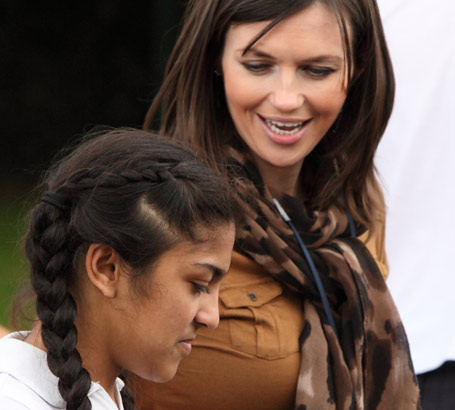
School-based social skills interventions are discussed in this section of the resource.
These interventions may prevent an escalation of difficulties. They may also reinforce well-being and resilience and help children to develop more positive relationships with their peers.
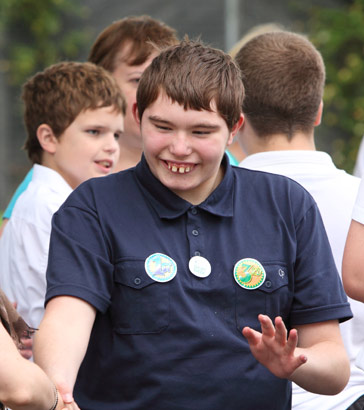
The development and roll out of the SEAL curriculum and approaches
is currently ongoing across all key stages. An overall awareness of the importance of developing these skills has been raised
significantly in recent years.
It is now generally accepted that basic social skills and the development of an emotional vocabulary are essential pre-requisites
for children to develop appropriately and function effectively within social and learning contexts.

In the early years, young children start to develop the following skills:
- Learning to co-operate;
- Taking turns; and
- Solving social problems that they encounter on a daily basis.
Children need to learn how to:
- Wait their turn;
- Share;
- Resolve conflict;
- Cope effectively with anger;
- Respond assertively in some contexts; and
- Gain confidence in social situations.
If these skills are not learned in the early years there will be an impact on their overall future development.
There are some children who are more socially withdrawn and in greater need of additional support. This will help them to
develop basic social interaction skills.
social skills (2)
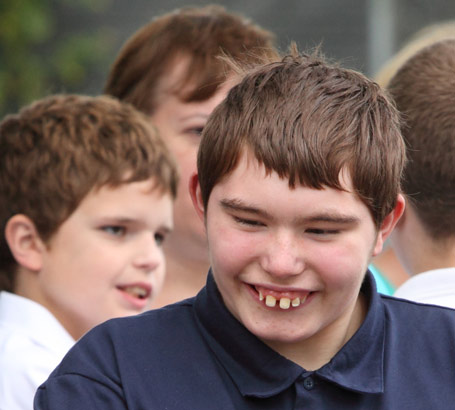
It is important that these children have additional teaching to learn to:
- Interact socially;
- Ask for help and support;
- Assert themselves; and
- Manage anxiety and stress.
and generalisation
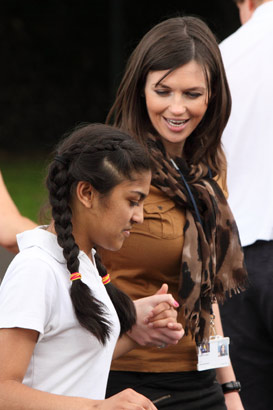
Young children learn best through modelling and practice. Sometimes, however, the children learn general skills that are not always suited to certain/specific environments.
This is particularly difficult when training is conducted away from the child's natural environment. In these instances, it is important that you find out where the general skills are not matching the specific situation.
Once you have located/isolated the differences, identify the best ways to fine tune your general approach and incorporate your findings in an intervention plan.

Programmes that work tend to encourage children to interact socially and become confident and capable social beings.
They do this by teaching children to:
- Use basic skills such as looking at others when talking to them;
- Listen and not interrupt;
- Follow the classroom rules and routines;
- Take turns and share with others.
They also foster complex skills and encourage children to:
- Recognise the emotions of others;
- Respond in an appropriate way to other's feelings;
- Manage conflict situations without resorting to aggression; and
- Express their needs and desires in an appropriate way.
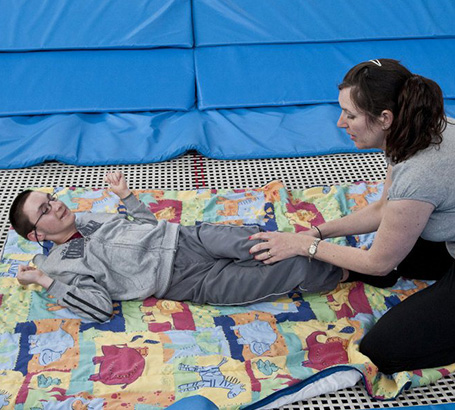
Read the Hillingdon School's Social Skills Programme to find out what works in practice – particularly in relation to social skills.